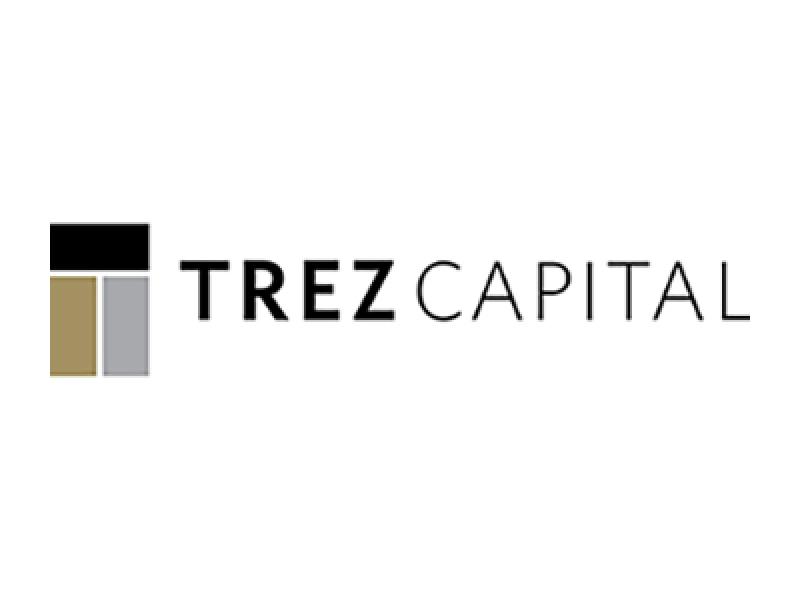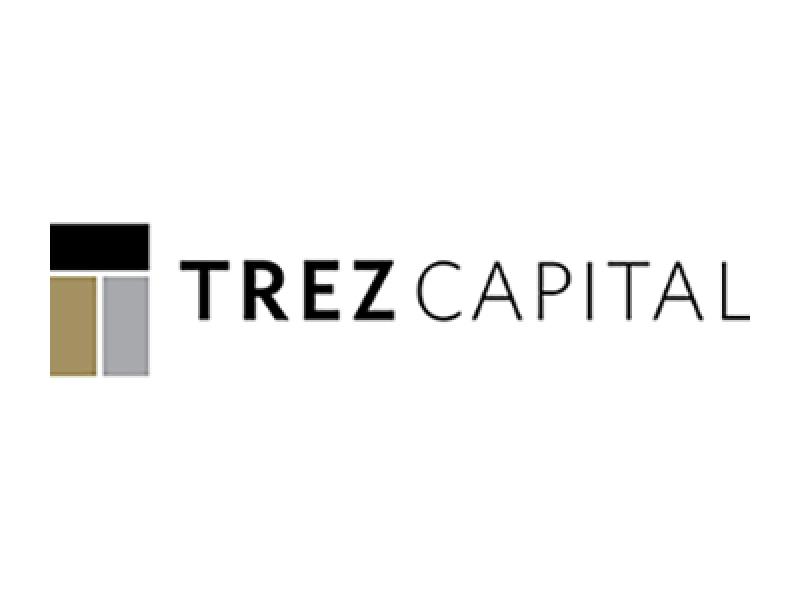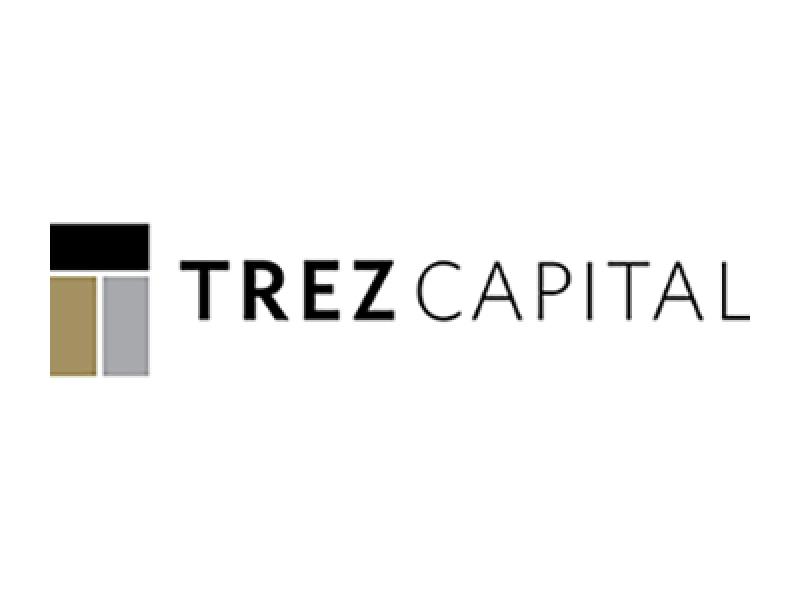
As 2024 begins, the commercial real estate (CRE) sector looks forward to the possibility of an improving market in terms of both transaction volume and stability, providing a cautious but optimistic landscape for investors.
Market overview
- With a pause on raising rates, the economic landscape has poised the CRE market for potential recovery in 2024, offering a glimmer of hope to investors. 2023 was a challenging year; as of Q3, overall U.S. commercial real estate transaction volume was down 51% from prior year levels as reported by MSCI/Real Capital Analytics.
- A key turning point emerged when interest rates reversed their upward trend in November and December 2023, fueling a more optimistic outlook for investors. Attention will remain fixed on central banks’ inflation-fighting measures and interest rate changes; recent strides in taming inflation have provided more favourable overall conditions in the CRE sector.
2024 will be a year concentrated on controlling inflation. While more work is needed to meet the Federal Reserve’s 2% target rate, slower economic activity has tempered expectations for further interest rate hikes. In fact, there are now forecasted interest rate cuts, potentially as early as mid-2024; this could be on the backdrop of a potential economic recession.
Borrower and lender sentiments
Borrower and lender outlooks are slowly improving, setting the stage for increased transaction activity in 2024. A major hurdle throughout 2023 was the wide bid-ask spread on transactions, with vendors unwilling to transact at discounts due to higher financing costs. Buyer incentives such as vendor take-back (VTB) financing and long closing periods helped bridge some of the expectations gap. Lower financing costs and greater availability of financing should help align buyer and seller expectations, fostering a more balanced market. Buyer interest, according to a recent Urban Land Institute (ULI) survey, is at its highest level since 2010, indicating willingness in the market to capitalize on lower price points and distressed opportunities.
Lender sentiment is a crucial factor for market liquidity, with positive trends reported in the 2023 CBRE Canadian Real Estate Lenders’ Report released at the end of November 2023. About 33% of surveyed lenders anticipate an increased allocation to commercial real estate lending in 2024, up from 21% a year ago. The Commercial Real Estate Finance Council (CREFC) reports in the CREFC Board of Governors Sentiment Index Survey Q3 2023, improving sentiments, with positive changes to the outlook for CRE fundamentals, liquidity and commercial mortgage-backed securities.
Significant trends that will influence the CRE landscape in 2024
Housing shortage: The demand for rental and for-sale housing continues to rise in Canada and key markets in the United States. John Burns Research and Consulting rated the current new home market conditions in December 2023, reporting 79% of the top 50 markets in the U.S. as normal or strong. Factors such as immigration and migration, remote work trends and increased investor interest in single-family and short-term rentals have contributed to the demand for housing. Despite near-term increases in new supply, there remains low U.S. resale supply, thus pushing buyers toward new construction.
Affordability is at an unprecedented low after a dramatic rise in housing prices and mortgage rates. Construction costs remain elevated and volatile, making it difficult for developers to undertake new projects. As such, Canada and the U.S. require more multi-family housing to match population levels and evolving lifestyle trends. The long-term demand for multi-family housing is expected to persist.
Mortgage rate and capitalization rate adjustment: Commercial mortgage rates have responded quickly to market conditions, while cap rate adjustments have lagged. Recent data from CBRE Capital Markets suggests a temporary increase in cap rates in both Canada and the U.S., with the adjustment expected to persist unless there is a significant drop in mortgage rates. Overall, the market is expected to gradually balance through a combination of lower mortgage rates followed by tapering cap rates in 2024.
Distress, loan maturities and refinance opportunities: Despite significant and aggressive increases in mortgage rates (levels not seen in nearly 20 years), distressed and troubled property volumes have been slow to rise. MSCI/Real Capital Analytics indicated in the Capital Trends - U.S. Distress Tracker, Q3 2023, that volumes only started to exceed pandemic levels near the end of 2023.
Concerns persist for class-B offices and secondary retail properties, where increased vacancy and weakened cash flows may hinder refinancing. Research from Trepp shows that with over $532 billion of loans estimated to mature in the U.S. in 2024, a steady flow of refinances could present both challenges and opportunities. Alternative bridge and mezzanine lenders will play a pivotal role in restructuring deals amid increased distress and refinancing needs.
An evolving landscape
Cautious optimism prevails as the CRE market looks for higher liquidity in 2024, provided a major recession is avoided. Gradual improvements in borrower and lender sentiment, coupled with central banks’ indications of forthcoming interest rate cuts, are positive signals. It is important to acknowledge that challenges will persist during the first half of 2024. Adjustments in cap rates and buyer/seller expectations are needed, the timing of which will largely depend on interest rates. Rising distress levels and maturing loans offer restructuring prospects, creating openings for opportunistic real estate investors and alternative bridge lenders as the landscape continues to evolve. As current dynamics are navigated, 2024 will likely see a renewed commercial real estate sector showcasing its resiliency.











